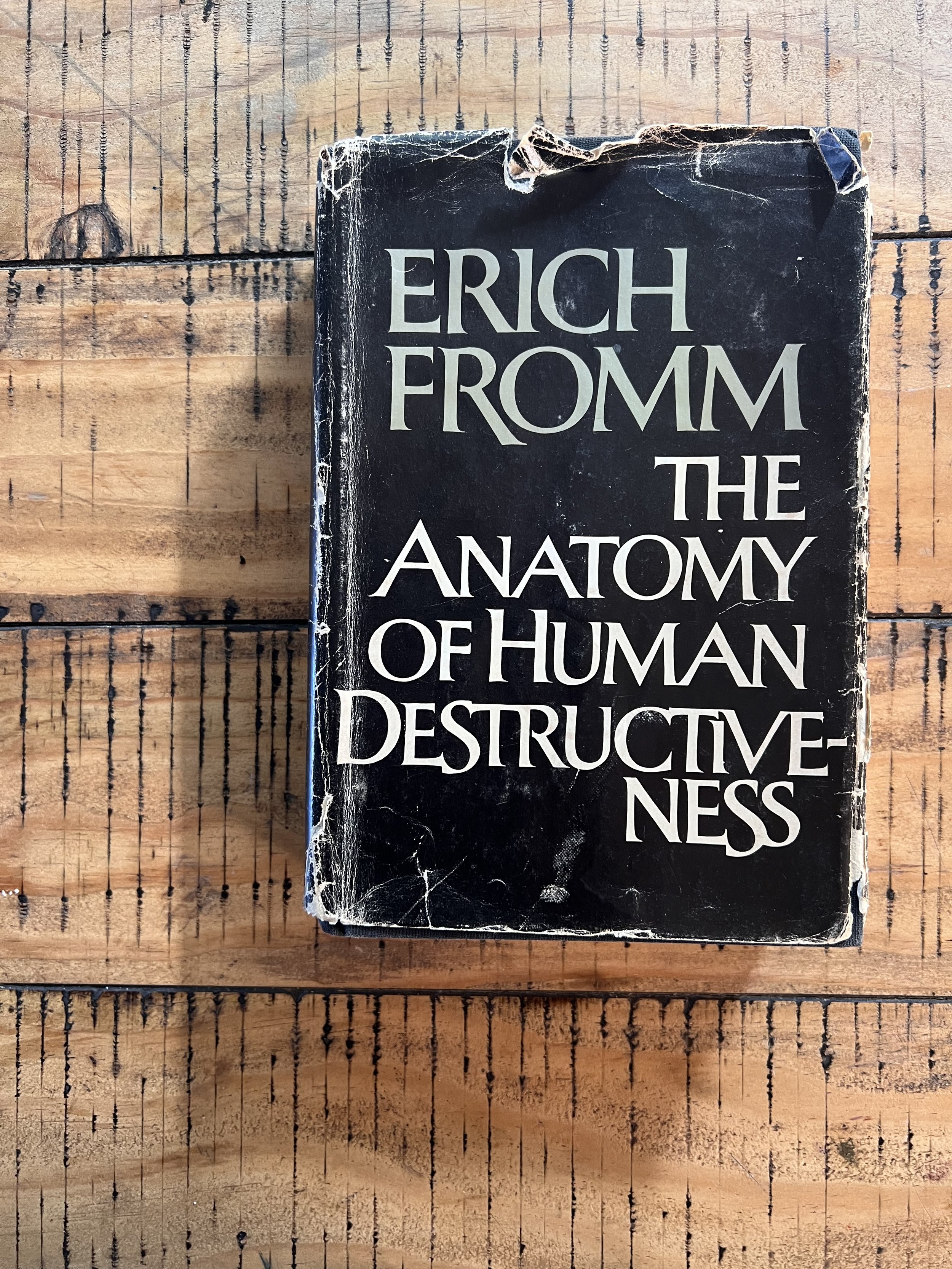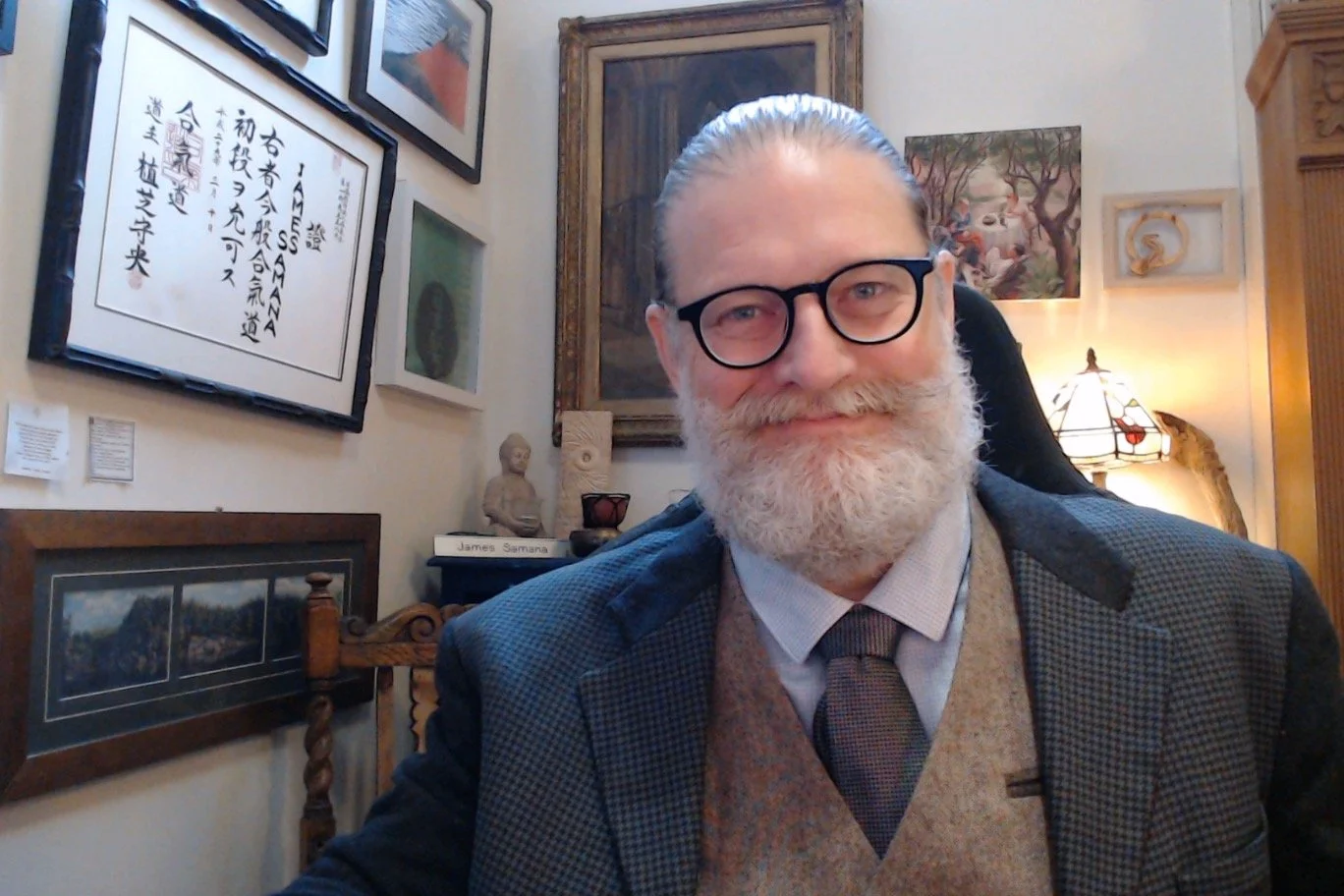The Anatomy of Human destructiveness
And the aggression we need to reclaim
There is a word we’ve come to fear in leadership: Aggression
We hear it and we imagine domination, bullying, or control… something to be managed, not mastered.
Yet, in my coaching work, I’ve noticed something paradoxical: the leaders most afraid of their own aggression are often the ones who struggle most to protect what matters. They hesitate to set boundaries, to take decisive action, to defend their teams from harm.
Erich Fromm, german-born pscyhoanlayst and social philosopher, would say they’ve confused two very different things.
The guardian of life
Fromm’s The Anatomy of Human Desctructiveness (1973) is a study of humanity’s split nature… our unparalleled capacity for creation and our equal capacity for cruelty. Across history and biology, he explored why aggression drives both our noblest defences and our darkest excesses.
He dstinguished between two kinds of agression:
Benign aggression: Adaptive, defensive, and life-serving. It’s the energy that allows a parent to protect a child, a nation to resist tyranny, or a leader to stand for what is right.
Malignant aggression: Compulsive, sadistic, and life-denying. It arises not from vitality, but form alienation, insecurity, and fear.
Where benign aggression defends life, malignant aggression seeks to dominate it.
Fromm sas in figures like Hitler and Stalin the terrible flowering of that latter form… destructiveness as a desperate escape from inner emptiness.
A humanist in exile
Born in Frankfurt in 1900 to a family of rabbis, Fromm began his studies steeped in the Talmud and Jewish mysticism. But after fleeing Nazi Germany, his thought turned toward a universal humanism. He believed that humanity’s survival depended on reconnecting with our love for life, before our pull toward controlling, toward lifelessness consumed us.
Freedom, he argued, is both a gift and a burden.
When societies strip meaning from work, worship the market, or reward conformity, people retreat from freedom into submission, destructiveness, or numbness. In that retreat, aggression curdles from a force of defense into a weapon of despair.
Leadership and the lost spine
Modern leadership research echoes this paradox.
Studies on moral courage and psychological safety (Amy Edmondson, 1999, Hannah et al. 2011) show that healthy leadership requires assertiveness in service of shared values. The absence of that assertiveness, when fear or discomfort rules, dysfunction spreads.
The quiet tragedy is when we suppress all aggression, we don’t become peaceful, we become complicit.
We outsource our strength to others, often those far less reflective. As Fromm warned, the danger is not that humans are too aggressive, it’s that we’ve forgotten how to be aggressive in the service of life.
The leader who cannot access their aggression in its noble form often becomes entangled in its malignant one.
In seeking to avoid harm, they enable it.
The cure for destructiveness, Fromm might say, is not passivity but reconnection… to our instinct to protect, to stand firm, to care fiercely.
Reclaiming the energy of Care
Fromm’s take on the Genesis story captures this beautifully.
When Adam and Eve eat from the Tree of Knowledge, they awaken. Separate from nature and aware of their power… and fragility. This is the birth of consciousness.
Our task since then, Fromm writes, is to find our way back, not to innocence, but to unity through love, reason and creative work.
Aggression, at its healthiest, serves that return.
It is the defensive arm of love… the capacity to say no, to resist what dehumanises, to defend what is sacred.
Aggression, integrated, becomes discernment.
Aggression, disconnected, becomes destruction.
The quiet work of leadership
Perhaps this is the quiet work of leadership today:
to stand in that narrow space between force and fear…
to let strength and compassion coexist without either collapsing into the other.
To lead, not by domination or retreat, but through a disciplined, protective love.
Reflection questions:
When did I last feel the urge to defend something important (and did I act on it or suppress it)?
How might my relationship to aggression change if I viewed it as a form of care rather than control?
What would it mean, in my leadership or life, to defend what is life-giving… without becoming destructive?
Because, in the end, as Fromm taught, the struggle is not between aggression and peace… it’s between the aggression that protects life, and the aggression that destroys it.
To reclaim the former is to rediscover what it means to be fully human.
If you are exploring that balance (between force and fear, compassion and courage), it can help to have a trusted guide. Reach out to being a coaching conversation, and let’s explore how to channel your own strength in service of what truly matters.


